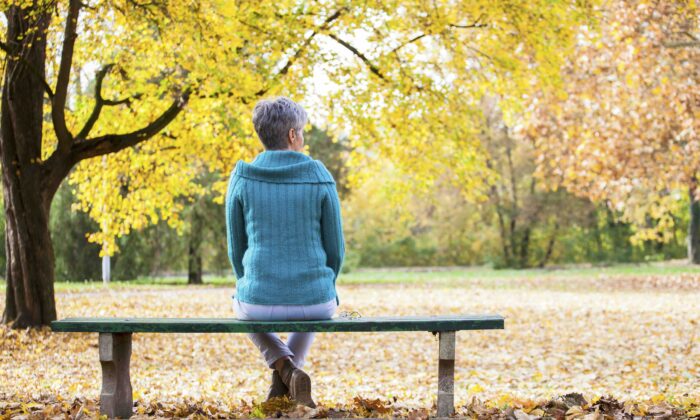The end of summer is marked by reduced daylight hours and cooler temperatures. Some welcome this seasonal change with the longing for hot chocolate, a hearty stew, or more rest—others dread the looming loss of daylight. Feelings of sadness, leading to potential (mild) depression Lack of energy Loss of interest in usual activities Change in sleep pattern—oversleeping or hypersomnia, at times also insomnia Weight gain In 1994, a study investigating light’s effects on patients with SAD was published in the Journal of Psychosomatic Research.
However, among the 1,571 observed individuals, the fall/winter oversleeping only differed slightly from the general population’s. What did change was the sleep architecture of SAD patients, which was reversed by bright-light therapy and the change in season. Dopamine, however, stops the effects of the neurotransmitter norepinephrine.
Instead of making you sleepy, this chemical allows you to perk up. Karen Leadbeater, a licensed homeopath in the south west of England in Tavistock, Devon, since 1998, addresses the topic on her blog, Navigating Seasonal Change with Homeopathy. In an interview with The Epoch Times, Leadbeater reflected on the importance of light for most living creatures, including humans.
She sees it as a form of essential nutrient and circles back to “the hormone of darkness.” Leadbeater deciphers the disorder through a homeopathic lens of health and disease—naturally, this makes her think beyond melatonin and tun.


















